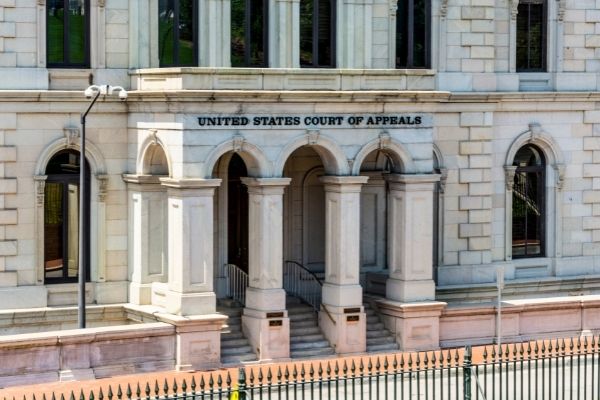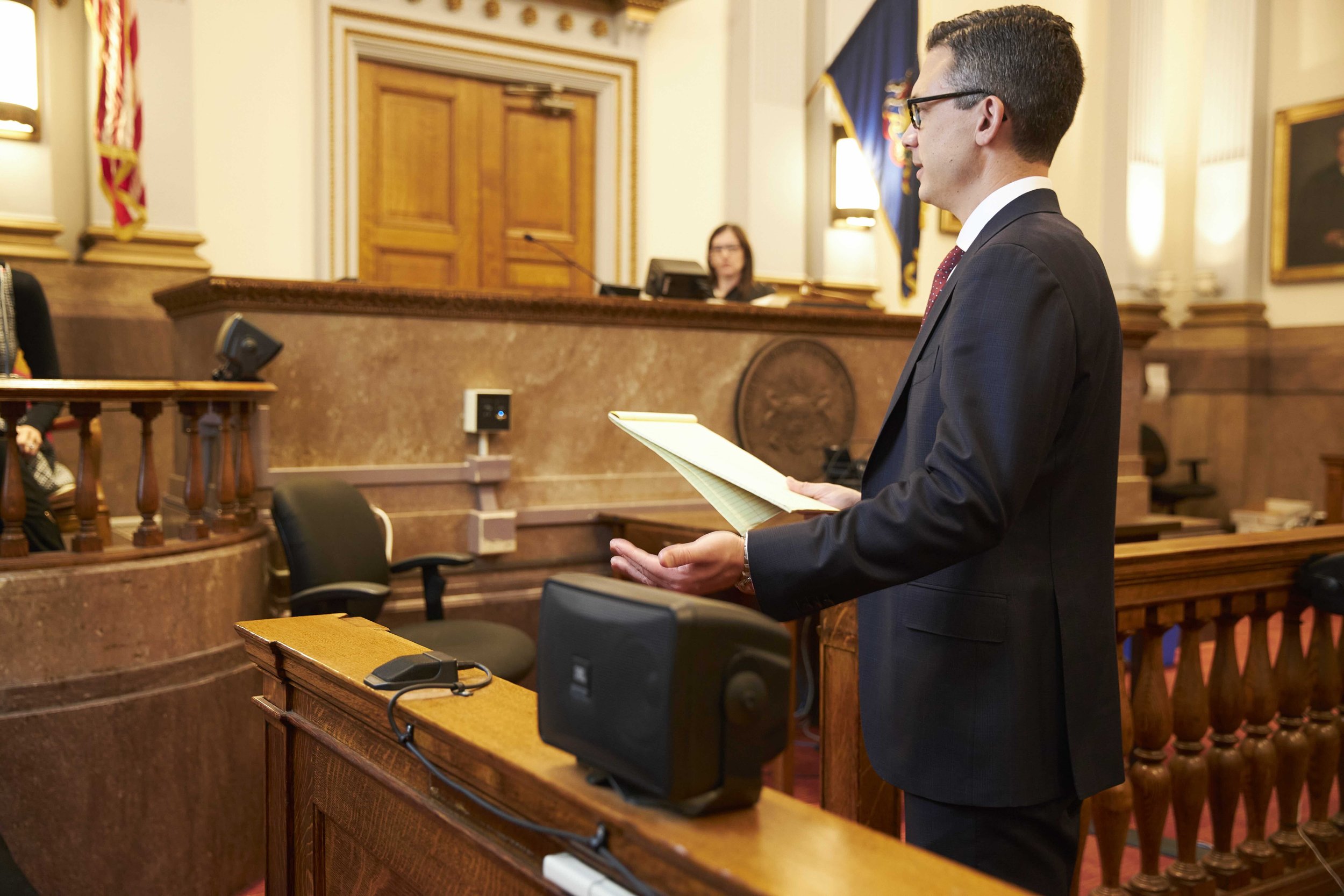Debunking the Refine of Federal Appeals: What You Required to Know
Navigating the elaborate realm of federal allures can frequently feel like going across undiscovered waters for those strange with the procedure. Understanding the nuances of appellate court jurisdiction, the complexities of filing a notice of charm, providing a compelling brief, and making a convincing oral disagreement are important elements that can substantially affect the result of a situation. By unwinding the layers of intricacy bordering federal charms, individuals can get a more clear insight right into the mechanisms that govern this critical point of the legal system.
Understanding Federal Appeals Refine
Exploring the complex realm of the federal allures procedure reveals a structured and methodical trip with the judicial system. Federal appeals work as a crucial device for assessing choices made by reduced courts. Comprehending this process is essential for any person associated with legal proceedings at the government level.
The process commonly starts with a celebration dissatisfied with a reduced court's judgment submitting a notice of appeal. This activates a review by a greater court, where a panel of courts evaluates the legal arguments offered by both celebrations. Briefs outlining the lawful reasoning behind each event's setting are sent, and dental arguments might be heard to clarify intricate problems.
The appellate court's decision is based on a comprehensive evaluation of the lower court's process and the debates provided. When the appellate court reaches a choice, it can attest, reverse, remand, or modify the reduced court's judgment, offering clarity and finality to the lawful conflict.
Appellate Court Jurisdiction Explained
As we progress from recognizing the federal appeals procedure to exploring the complexities of appellate court jurisdiction, an essential element comes to light pertaining to the authority and limitations of these higher courts in the lawful landscape. Appellate court jurisdiction describes the range of cases that a certain appellate court has the power to examine and choose upon. Unlike trial courts that listen to cases for the very first time, appellate courts are limited to reviewing choices made by lower courts. These choices can include judgments from both state and government courts.
Appellate courts have territory over particular types of situations, generally those involving legal errors, step-by-step issues, or concerns of law instead of valid disputes. The jurisdiction of appellate courts is normally outlined in statutes and regulations that govern the court system. Comprehending appellate court territory is essential for celebrations associated with the appeals process as it establishes whether a case is eligible for evaluation and the level to which the appellate court can interfere in the lower court's decision.
Declaring a Notification of Allure
The initial action in beginning the government allures procedure involves filing a Notice of Appeal with the suitable appellate court. This important record officially alerts the court and the various other parties associated with the case that the appealing party means to seek an evaluation of the lower court's decision. Filing a Notice of Charm is a stringent step-by-step need that establishes the appellate procedure moving.
When preparing the Notification of Allure, it is essential to ensure compliance with the specific rules and guidelines of the pertinent appellate court. federal appeal attorneys. The file should generally include information such as the case name, the reduced court's name, the day of the judgment being appealed, and a succinct statement indicating the premises for the allure

Briefing and Dental Argument
In the appellate process, offering written briefs and taking part in dental debates play crucial roles in advocating for the appealing event's setting before the appellate court. Briefs are comprehensive lawful documents that detail the parties' disagreements, lawful authorities, and analysis sustaining their placements. These written entries provide the court with a comprehensive understanding of the truths of the situation, the appropriate regulation, and why the appealing celebration believes the reduced court's choice should be reversed.
Complying with the entry and review of the briefs, oral disagreements use the events an opportunity to further clarify their settings, resolve any questions the appellate judges may have, and highlight bottom lines from their created briefs. Dental arguments are a chance for the attorneys to convince the judges with verbal advocacy and actions to questions from the bench.
Both the created briefs and dental debates are essential components of the appellate process, allowing parties to present their case thoroughly and compellingly before the appellate court. - federal appeal attorneys
Getting the Appellate Court Decision
Upon completion of dental arguments and submission of created briefs, the following crucial stage in the appellate procedure includes awaiting the decisive ruling from the appellate court. This duration of expectancy can be loaded with a mix of stress and anxiety and expect parties associated with the allure. The appellate court's decision is usually provided in a written layout and lays out the court's final thoughts on the legal problems offered, the thinking behind their decision, and the judgment rendered. The moment framework for receiving the appellate court's choice can differ, yet courts make every effort to supply timely resolutions. Once the choice is provided, parties have to very carefully evaluate the court's ruling to recognize the result and determine any kind of additional actions that might be necessary. Whether the appellate court verifies, reverses, or remands the reduced court's decision, recognizing the ramifications of the ruling is critical for all celebrations associated with the appellate procedure. Quickly assessing and comprehending the appellate court's choice is important in browsing the next steps in the lawful proceedings.
Conclusion
In final thought, the government appeals process is a complicated however critical step in seeking justice. Comprehending the appellate court jurisdiction, submitting a notification of allure, preparing briefs, and offering oral disagreements are all crucial parts of this procedure. Ultimately, receiving the appellate court decision can offer clearness and resolution to legal conflicts. It is necessary to browse the government allures procedure with persistance and focus to information to attain a reasonable result.
As we progress from understanding the government allures procedure to exploring the ins and outs of appellate court jurisdiction, an essential aspect comes to light regarding the authority and limits of these greater courts in the legal landscape. Appellate court jurisdiction refers to the extent of instances that a specific appellate court has the power to decide and review upon. Unlike test courts that hear cases for the initial time, appellate courts are restricted to examining decisions made by reduced courts. Comprehending appellate best massachusetts federal appeals attorneys court jurisdiction is essential for events included in the appeals procedure as it figures out whether an instance is qualified for review and the extent to which the appellate court can interfere in the lower court's choice.
